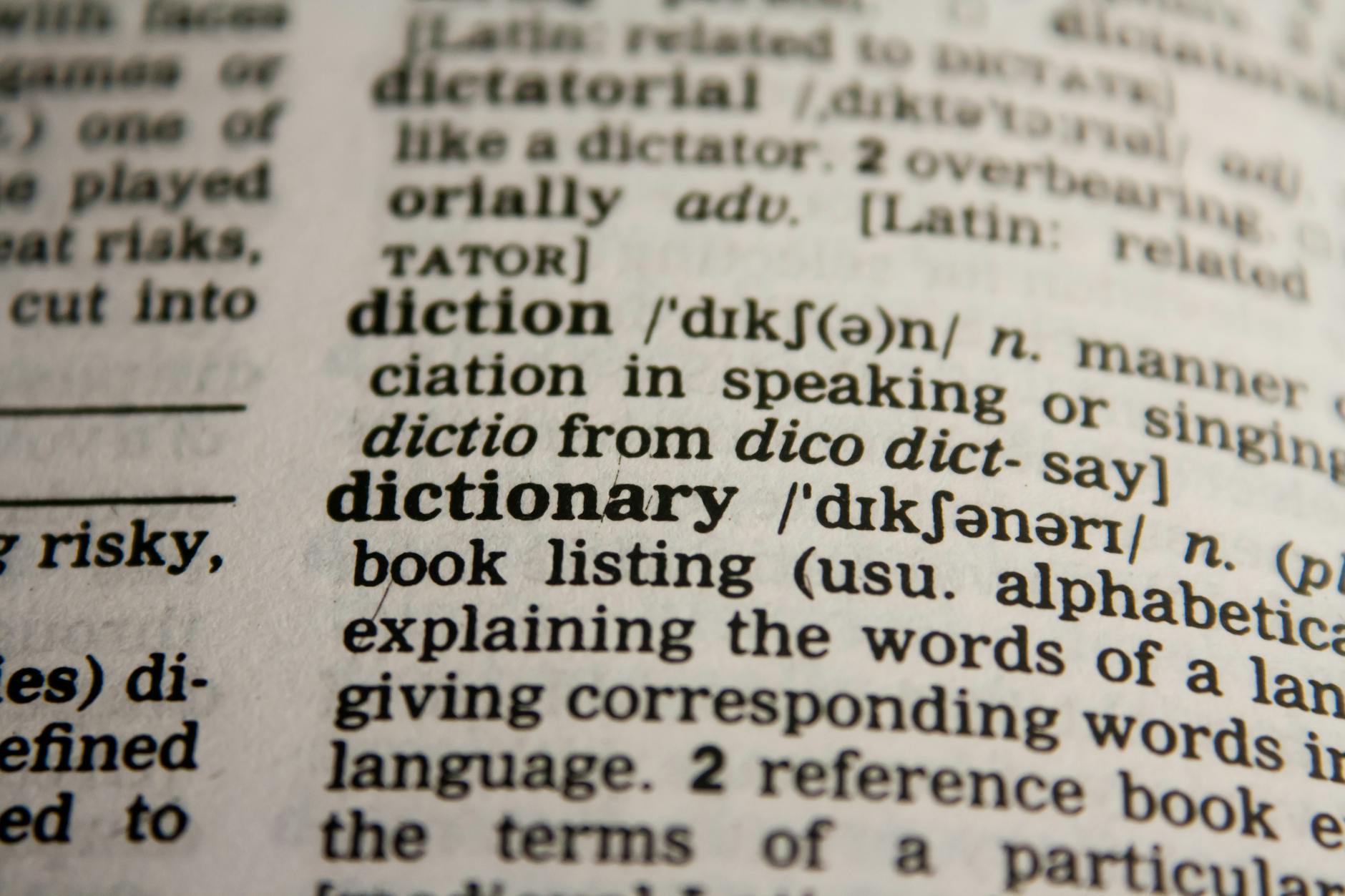
What is the Operational Definition of Motivation?
Motivation, an integral aspect of human behavior, fuels our actions, drives us towards our goals, and influences our performance in various endeavors. But what exactly is the operational definition of motivation, and how does it shape our behaviors and outcomes? In this article, we delve into the intricacies of motivation, exploring its definition, components, theories, importance, factors influencing it, and strategies to enhance it.
Understanding Motivation
Before delving into the operational definition of motivation, it’s essential to grasp its fundamental concept. Motivation refers to the internal and external forces that drive an individual to initiate, direct, and sustain their behavior towards achieving specific goals or fulfilling certain needs. It serves as the psychological impetus that energizes and directs behavior, guiding individuals towards desired outcomes.
Definition of Motivation
In the realm of psychology, defining abstract concepts like motivation requires precision to ensure clarity and understanding. An operational definition of motivation outlines measurable and observable factors that signify motivated behavior. Operational definitions provide a clear framework for researchers to study and analyze motivation empirically.
Components of Motivation
Motivation encompasses various components that influence an individual’s behavior and decision-making process. Two primary components of motivation include intrinsic and extrinsic motivation. Intrinsic motivation stems from internal factors such as personal enjoyment, curiosity, or a sense of accomplishment, while extrinsic motivation arises from external rewards or punishments.
Theories of Motivation
Numerous theories have been proposed to explain the mechanisms underlying motivation and its effects on behavior. Some prominent theories include Maslow’s Hierarchy of Needs, which suggests that individuals are motivated by a hierarchy of needs ranging from physiological to self-actualization needs. Herzberg’s Two-Factor Theory distinguishes between hygiene factors and motivators, while Expectancy Theory posits that individuals’ motivation depends on their expectations of achieving desired outcomes.
Importance of Motivation
Understanding motivation is crucial due to its significant impact on individual and organizational outcomes. Motivation influences productivity levels, job satisfaction, and overall performance. Motivated individuals are more likely to set and achieve challenging goals, exhibit higher levels of persistence, and demonstrate greater creativity and innovation.
Factors Influencing Motivation
Several factors contribute to shaping an individual’s motivation levels. These factors may include individual differences such as personality traits, values, and beliefs, as well as environmental factors such as organizational culture, leadership styles, and social norms.
Strategies to Enhance Motivation
To foster motivation effectively, organizations and individuals can implement various strategies. Goal setting provides a clear direction and purpose, while providing timely feedback helps individuals monitor their progress and adjust their efforts accordingly. Recognition and rewards acknowledge and reinforce desired behaviors, encouraging continued motivation and engagement.
Conclusion
In summary, motivation serves as a driving force behind human behavior, influencing our actions, decisions, and outcomes. By understanding the operational definition of motivation and exploring its components, theories, importance, influencing factors, and enhancement strategies, individuals and organizations can effectively harness motivation to achieve their goals and maximize performance.
What is Motivation in One Word?
What is Motivation in Our Life?
FAQs (Frequently Asked Questions)
- Why is motivation important in the workplace? Motivation is essential in the workplace as it drives employee engagement, productivity, and job satisfaction, leading to improved organizational performance.
- How can intrinsic motivation be fostered? Intrinsic motivation can be cultivated by providing opportunities for autonomy, mastery, and purpose, allowing individuals to pursue activities that align with their interests and values.
- What role do leadership styles play in motivating employees? Leadership styles influence employee motivation by shaping organizational culture, providing direction and support, and fostering a positive work environment conducive to motivation and growth.
- Can motivation be sustained over the long term? Sustaining motivation requires ongoing efforts to meet evolving needs, set challenging goals, provide meaningful feedback, and create a supportive environment that nurtures intrinsic motivation.
- How does motivation impact personal development? Motivation fuels personal development by inspiring individuals to set and achieve meaningful goals, pursue continuous learning and growth, and overcome challenges to reach their full potential.






















